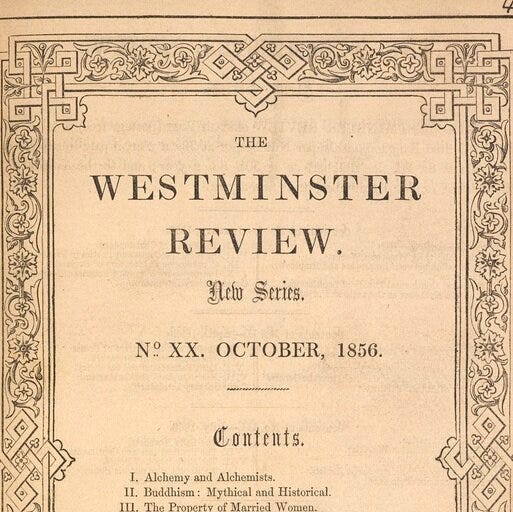Ban all book summaries.
It's philistinism run amock.
Long-time readers will know there is one rule on this blog. No lengthy plot summaries. If you want to know what happens, read the book. There are two reasons for this. First, it ruins things for me to give you my hasty summary when you could instead read the author’s own work. Second, and more important, it’s philistinism run amuck. What sort of literary culture can we expect to have when our reviewers do little more than we can expect from Wikipedia? And not as well.
Usually, I don’t pick on people directly,—with a few well-earned exceptions. Well, here is one. Ian Leslie pointed out a review of Zadie Smith’s new book that does almost nothing other than summarise the novel. I’m a Smith fan and v. much anticipating The Fraud. But the review gives so much away! I skimmed, to avoid learning too much, and found some criticism at the end. Alas.
The Fraud is a curious combination of gloriously light, deft writing and strenuous construction. There’s a risk of readerly bafflement as bright shards of narrative are shaken into unpredictable combinations across time and place. But the novel’s hybridity becomes part of its fascination.
Literary people sometimes complain that we don’t have the literary culture we once did. And little wonder. This sort of thing is everywhere, even in the smart journals. We are a long way from J.S. Mill’s 1833 essay on poetry or George Eliot’s review of the Natural History of German Life. I half expected a questing vole to come plashing through that paragraph.
I lay no claim to be any better than the usual crowd, nor are the highbrows starting a mass movement. Many reviews are good. But if we don’t want to be philistines anymore, we need to stop reviewing books like this. Reviews used to be bad for other reasons, but as The Economist wrote recently, there are not as many hatchet jobs any more. (Parfit in the LRB recently was a notable exception.) It’s nice not to be nasty, but it means most reviews just tell you what the book says, not whether it’s any good, where it fits in the current culture, and so on.
I’m not asking for Bernard Shaw or Dorothy Parker, just a little analysis. No wonder fewer and fewer pages go to book reviews. What’s the point? Long live the blogs.



Except for Huckleberry Finn on "Pilgrim's Progress": "about a man that left his family it didn't say why."
I’d love, like you, to see more deep thinking on literature instead of summaries disguised as reviews.
The internet is a big place though—surely this is out there. Do you have any suggestions for quality reviews for us to contrast with the... less subtle?